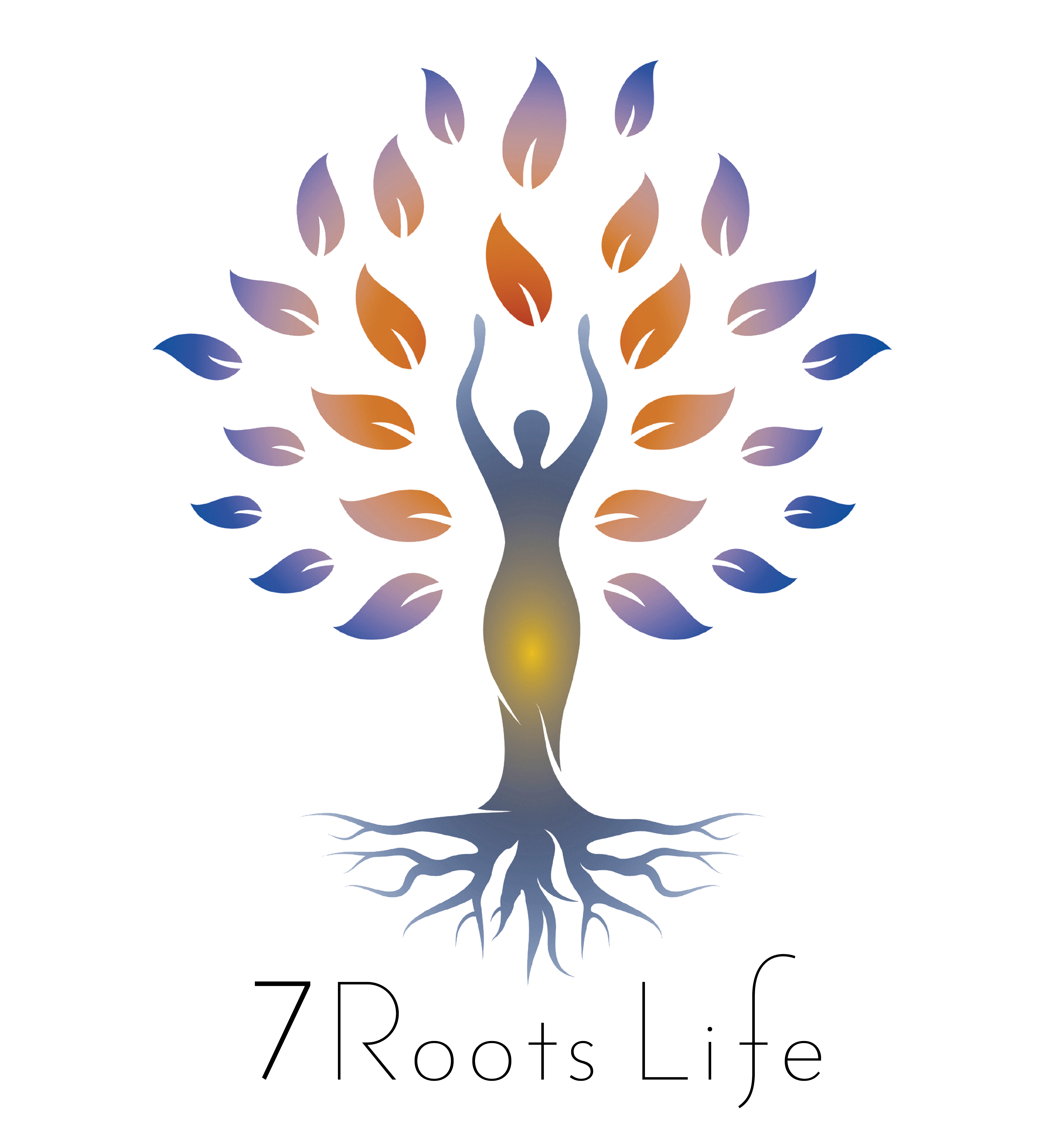
Ayurveda is the traditional healing modality of the Vedic culture from India. It is said to be 2000 to 5000 years old, meaning it has stood the test of time. Ayurveda is a Sanskrit word that literally translates as “the wisdom of life” or “the knowledge of longevity”. In accordance with this definition, Ayurvedic medicine views health as much more than the absence of disease. The wise seers and sages of the time, intuitively understanding the physiology and workings of the mind-body-spirit long before the advents of modern medicine, explained the basic principles of Ayurveda.
Ayurvedic medicine was originally an oral tradition, taught and passed directly from teacher to apprentice, who would learn and work side by side. The oldest written codification of Ayurvedic principles is found in the Rig Veda. The fundamentals are then laid out in several major treatises, including the texts from Charaka, Sushruta, and Vaghbhat. There are also numerous other smaller works, written over time to explain the various branches of Ayurveda, which include disciplines such as general medicine, pediatrics, surgery, toxicology, fertility, and rejuvenation. The beauty in the way these have been explained is that they rely on basic principles which can be applied practically in any day and age.
Ayurveda has thus been passed down through the centuries as a complete healing system, evolving to meet the needs of the time, and yet remaining committed to its core principles. Various cultures have drawn upon the ideas of Ayurvedic medicine, and it continues to thrive in both the East and the West.
